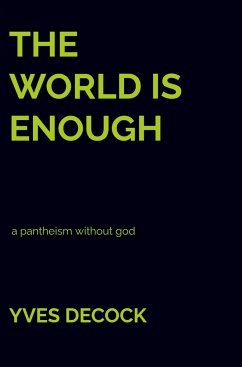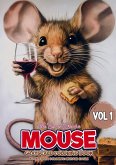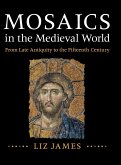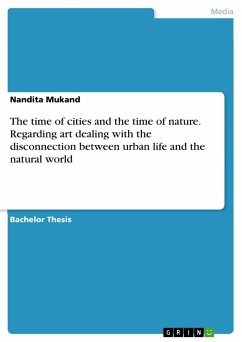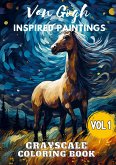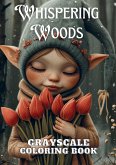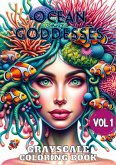In this book, the author argues that atheism should deepen its roots. Atheism should not only present itself as a cognitive matter, the denial of the existence of god(s), and as a moral matter, the confirmation of freedom from religious rules, but should develop a sentimental-emotional dimension. Atheism should cultivate a cluster of basic human emotions: the experience of reality as both a creative and destructive process that remains fascinating, miraculous, and mysterious, notwithstanding progress made by science. Every progress science makes enhances mystery rather than reduces it. There is no need for transcendency to fully enjoy these feelings.In this effort, it is important to position reason in the correct way and be clear about its strengths and limitations. Reason is a tool to help live, but it can never be the ultimate guide for life. But again, this is no argument in favour of transcendency; there is no need for an ultimate guide for life. The author also reviews howan atheist view can (or cannot) be seen in the paintings of artists like Caspar David Friedrich and Vincent Van Gogh or can be found in the writings of Joseph Conrad and Albert Camus.
Hinweis: Dieser Artikel kann nur an eine deutsche Lieferadresse ausgeliefert werden.
Hinweis: Dieser Artikel kann nur an eine deutsche Lieferadresse ausgeliefert werden.

